Tips for Digital Nomads in Japan
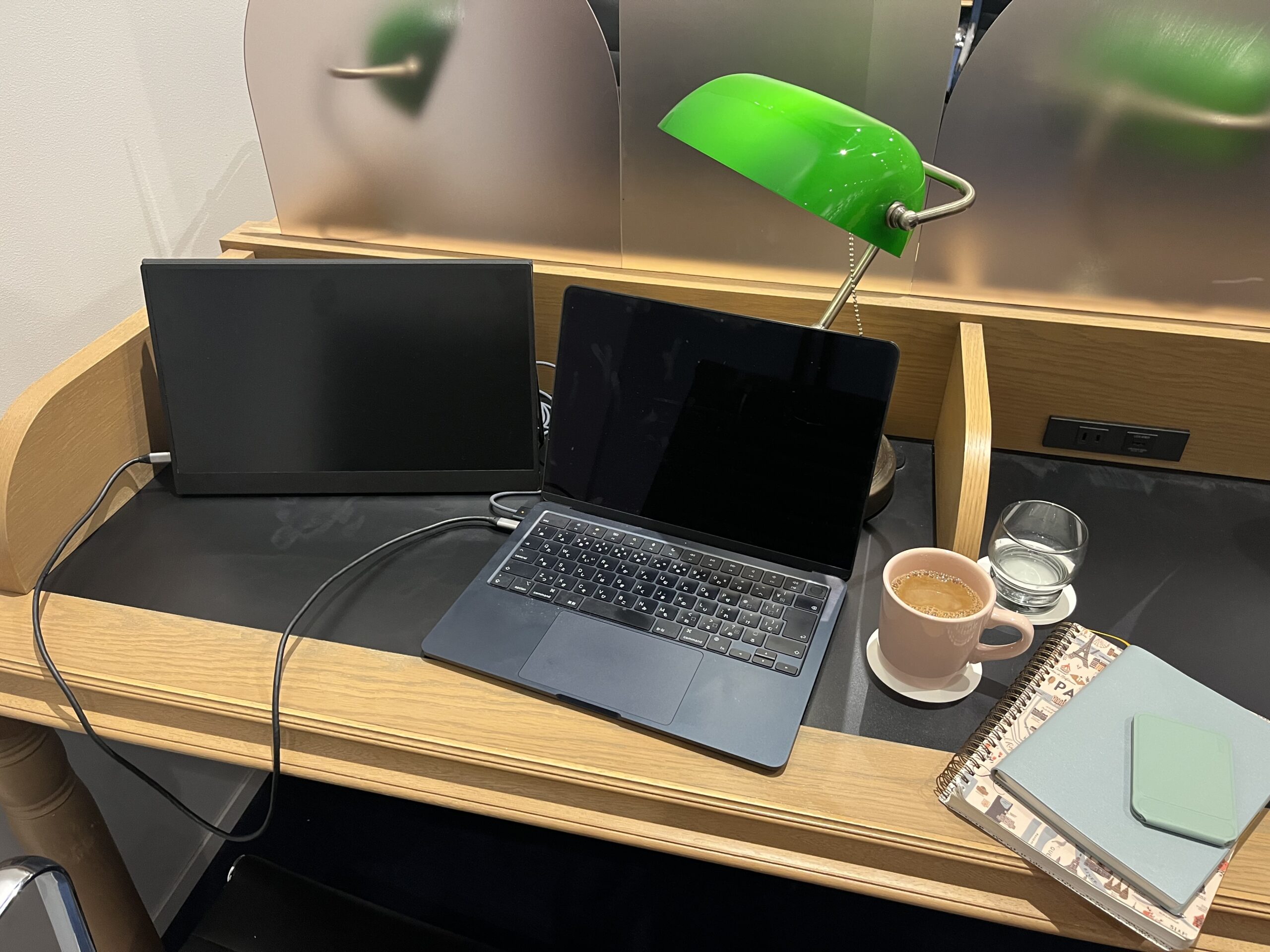

Written by
Name: Adeline
Country of origin: USA
How long you’ve lived in Japan: 4 years. Currently a digital nomad, I spend part of each year in Japan.
Where you live in Japan: Previously lived in Fukuoka.
Instagram
Dreaming of an extended stay in Japan while working remotely? Thanks to Japan’s new nomad visa scheme, more options for short-term rentals, and convenient co-working cafes, it is easier than ever to work and travel in Japan.
Visa Requirements
Do I need a visa to visit Japan?
Short answer: depending on your passport, you can probably stay in Japan visa-free for 3 months; for a 6 month stay you can apply for a digital nomad visa.
71 countries are eligible for visa-free short term stays in Japan, with stays of up to 6 months, though most countries fall into the 90 day visa-free travel scheme. More information on visa-free short term stays on the Ministry of Foreign Affairs website.
For stays of up to 6 months, Japan’s digital nomad visa welcomes remote workers, along with their spouses and dependants, who earn an annual income of at least 10 million yen (about 65,000 USD). More information on visa requirements for the digital nomad visa can be found on the Ministry of Foreign Affairs website.
Deciding on Your City
Where in Japan do you want to live?
Popular choices with plenty of English-language support and expat communities are Tokyo, Kyoto, and Osaka. Fukuoka is also a popular choice due to its recent policies that welcome immigrants, including the Startup Visa, which encourages entrepreneurs to start their businesses in Fukuoka.
You might wish to choose a city or town based on geography or weather: Matsumoto for easy access to amazing hikes; Furano for powder skiing on your doorstep; Ishigaki for beaches with crystal clear water; Oita for hot spring towns galore… you get the idea.
Do your research! Watch videos and reels from tourists and locals alike on what different cities are like. But remember, the place you pick needs to work for you to get work done, not only be amazing for nightlife and sightseeing.
Getting an Apartment
Getting an apartment in Japan can be hard! Even for Japanese residents and natives, some of the hurdles include finding a guarantor, paying key money (in addition to your deposit – key money you don’t get back!), and furnishing your apartment with everything from stoves to sofas.
Luckily, shorter-term furnished rentals are increasingly common, and holiday rentals through websites like AirBnb are now registered and completely above-board. For stays of 6 months or longer, finding a great English-speaking real estate agent is essential.
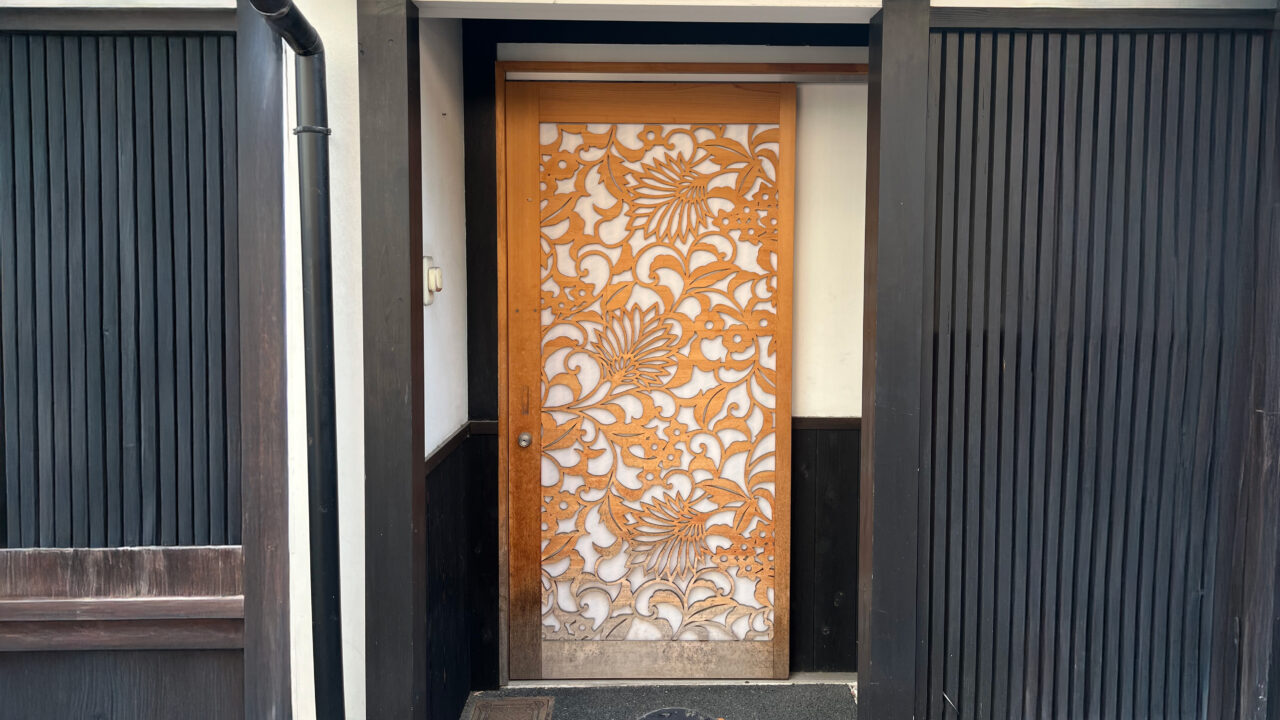
Technology: Phones and Internet
How will you stay connected while working in Japan?
As a digital nomad, I absolutely love my Glocal Me pocket wifi. After purchasing the device and downloading the app, you can buy data packages for anywhere around the world. I have used my device in Japan, the US, England, and India.
You can also rent pocket wifi devices in Japan from companies such as Ninja Wifi, but for longer trips, this can get pricey. On the plus side, data speeds for Japan-specific devices is usually higher than on global devices. For web browsing, messaging, and video calls, I haven’t had any issues with speeds on my Glocal Me.
E-SIMs are also a great option. Personally, I like my pocket wifi as I can connect my laptop, phone, and tablet – but it can be annoying to make sure to grab your pocket wifi every time you leave the house! For a whole day of using your pocket wifi, you’ll likely also need to bring along a portable charger.
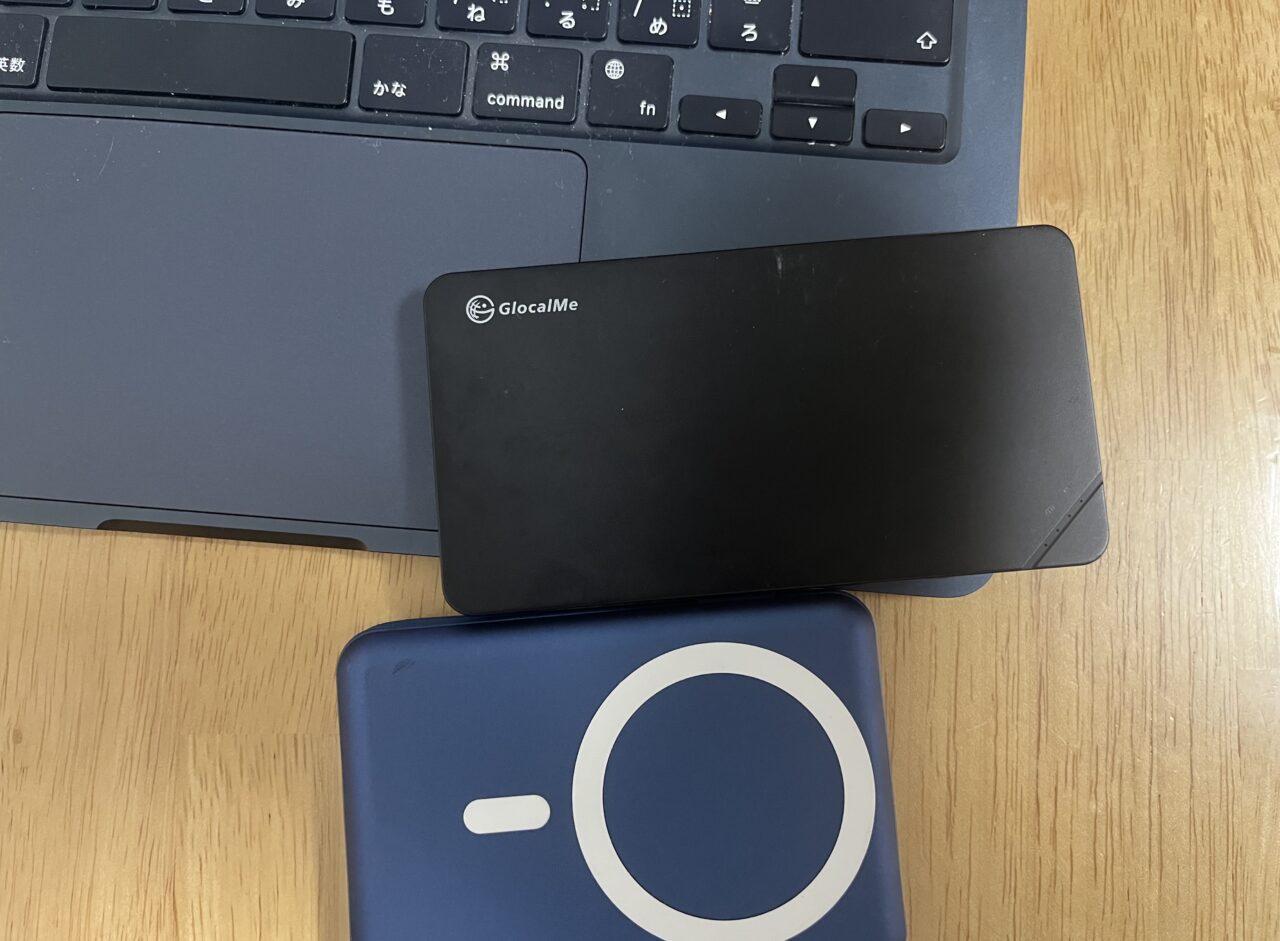
Co-Working Spaces
Remote work is starting to be more common in Japan, and there are some great co-working cafes and spaces popping up. I personally love Bunkitsu for cozy bookshop/cafe vibes. They have locations in Roppongi in Tokyo, and Tenjin in Fukuoka. You don’t need a membership: you can pay for a few hours or the whole day, and there is unlimited coffee and tea, fast wifi, and a variety of seating options.
It is also possible to work from a regular cafe in Japan, but in busy areas, it isn’t possible to stay at a table longer than 90 minutes. Chain cafes like Tully’s and Starbucks in quieter neighborhoods usually have quite a few people working from laptops or studying.
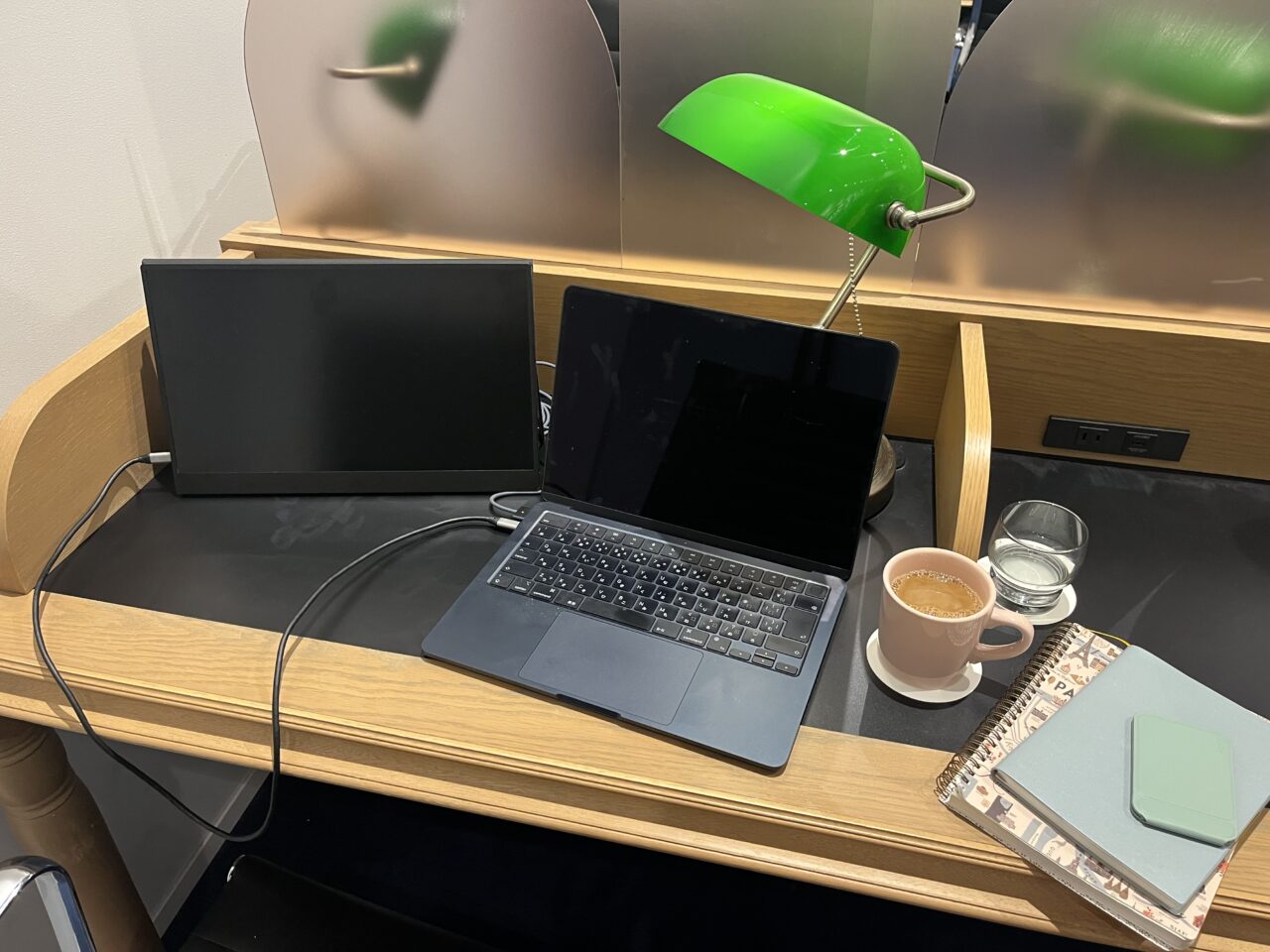
Exploring Japan
Of course, you’ll want to set aside time to explore Japan while you’re there! For weekend trips, do your research and plan in advance; Japan really doesn’t do last-minute very well.
The shinkansen is a great way to get around the country for a quick and easy trip. Tickets can be purchased in advance from any major JR station. You can use the automatic ticket machines, but I recommend going to the JR ticket office and buying tickets from a person. Domestic flights are quite reasonably priced and frequent. JAL and ANA are the best airlines in Japan, but low-cost carriers are also very reliable (I personally love Peach!).
Accommodations should also be booked in advance; 6 months in advance for holiday weekends and peak cherry blossom and autumn leaf season, and at least 1 month in advance for best availability at other times of year.
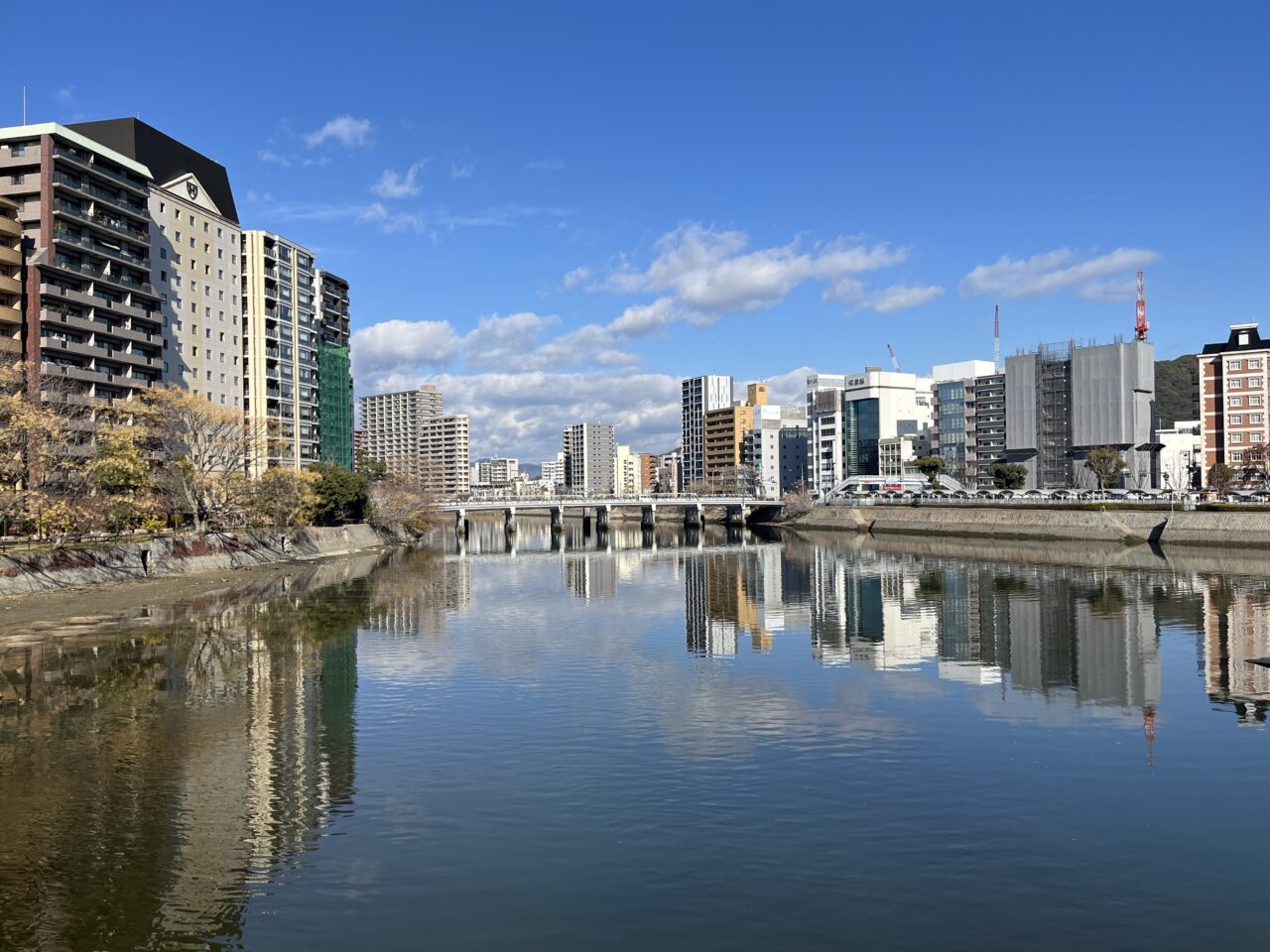
Where should you go on your trip?
Staying in Japan and exploring on the weekends is a really great way to explore lesser-known locations, or more popular destinations during the low season. Publications like Japan Guide and Tokyo Weekender are a great place to start your research!
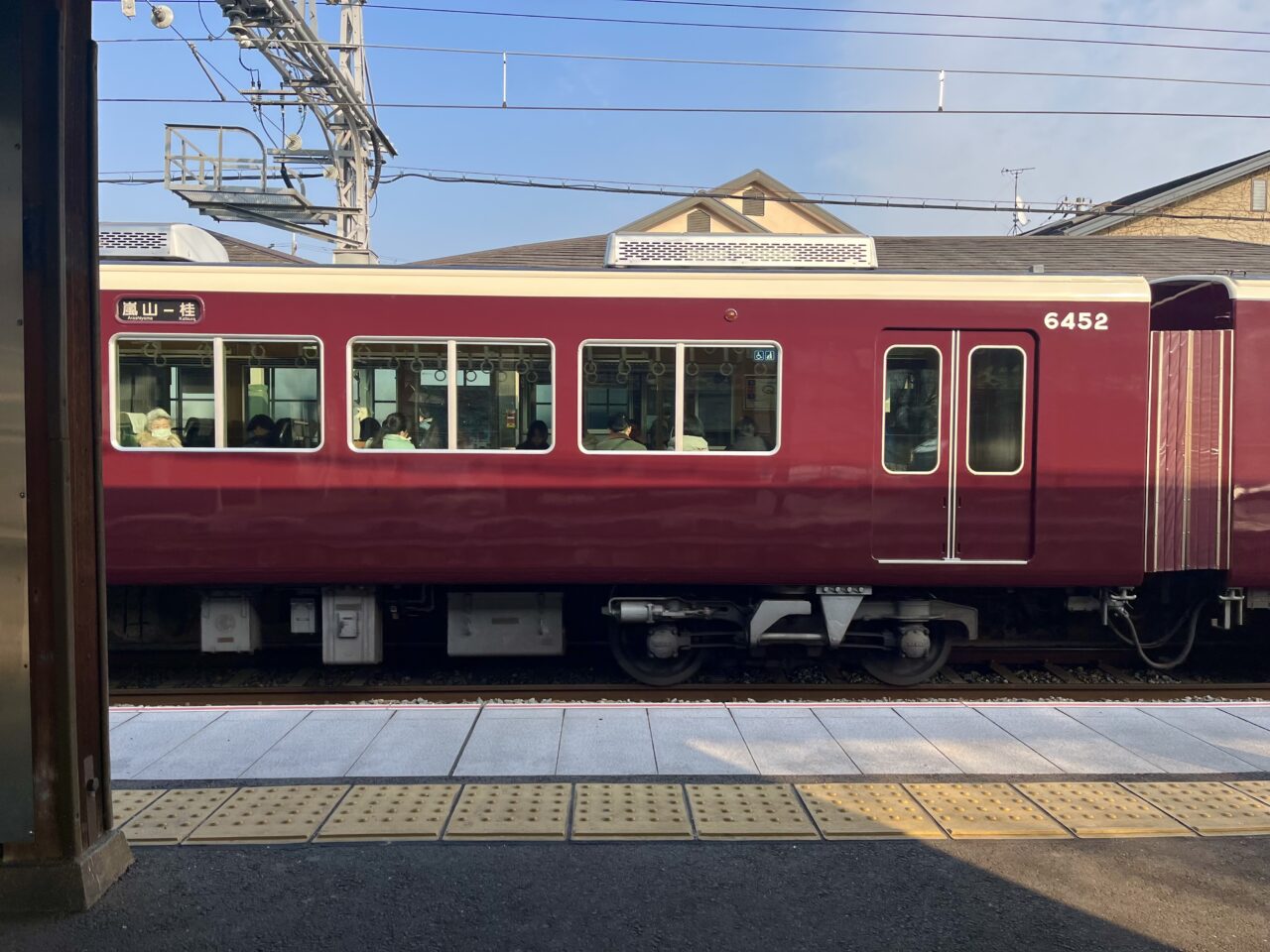
Conclusion
Embarking on a digital nomad journey in Japan offers a unique blend of cultural immersion and professional opportunity. With the new digital nomad visa, finding accommodation has become easier, and co-working spaces are increasingly available. Remember these key points:
- Check visa requirements carefully – options range from 90-day visa-free stays to the 6-month digital nomad visa.
- Choose your city wisely, considering both work needs and personal interests.
- Plan ahead for housing, as short-term furnished rentals are more accessible for nomads.
- Ensure reliable internet connectivity through pocket WiFi, E-SIMs, or co-working spaces.
- Explore Japan during your free time, but book travel and accommodations well in advance.
By following these tips, you can make the most of your time as a digital nomad in Japan, balancing productive work with enriching cultural experiences. With proper planning and an open mind, your stay in Japan can be both professionally rewarding and personally transformative.
